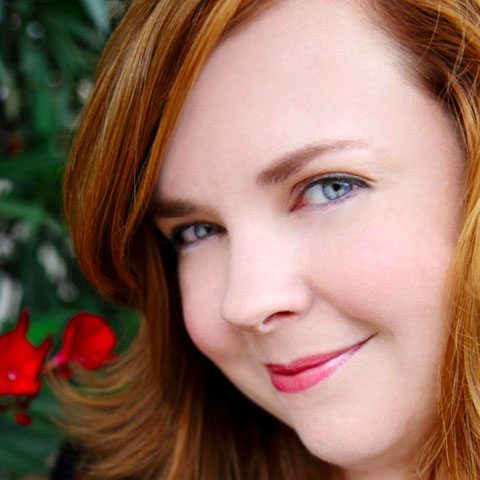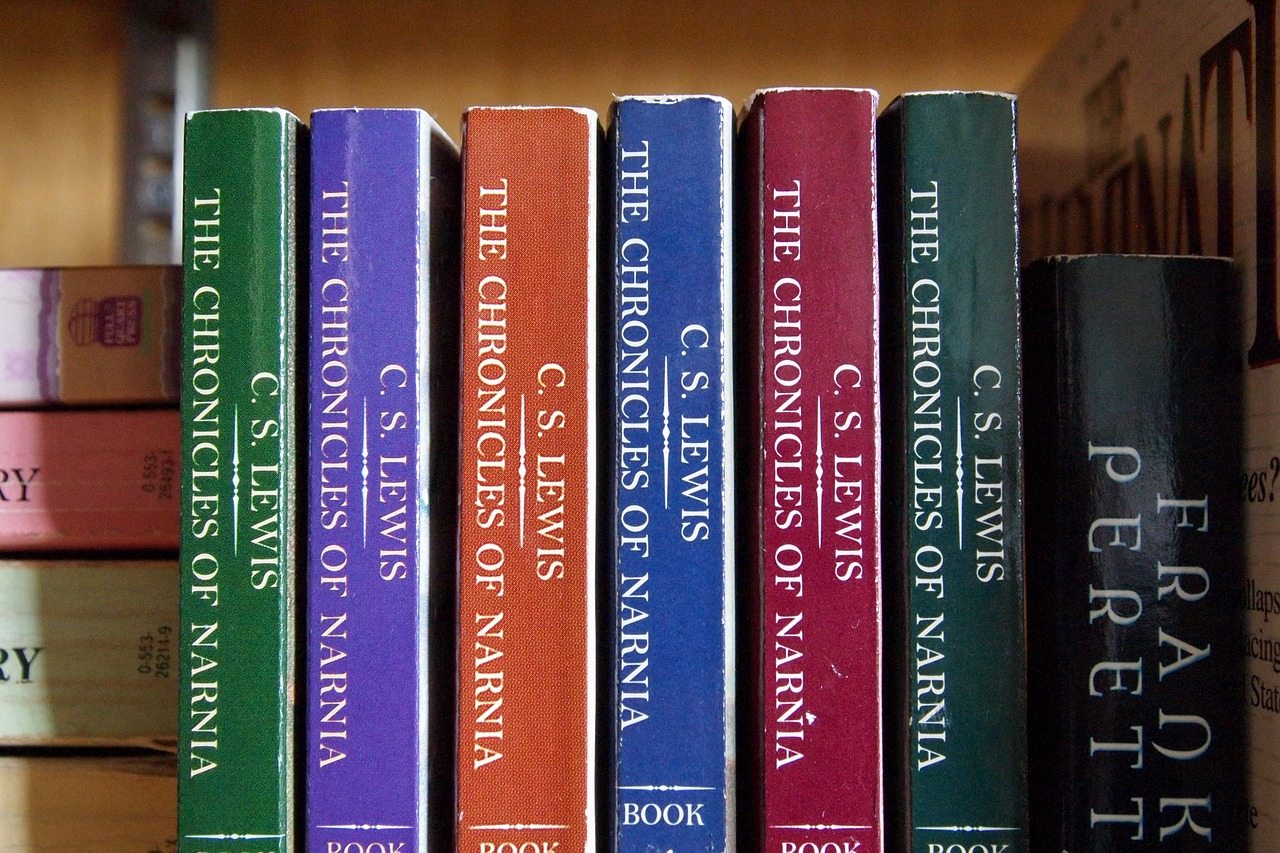Alternate Worlds
An Interview with Gretchen McNeil
by Jenny Chi
 An exclusive party on a remote island becomes a harrowing fight for survival. After a high school science experiment goes awry, a teenager is transported into a terrifying parallel universe every night at exactly 3:59 a.m. These compelling high-concept genre bending hooks are standard fare in the work of novelist Gretchen McNeil whose prodigious output of teen angst/sci-fi/horror/suspense novels include I’m Not Your Manic Pixie Dream Girl, Relic, Get Even, Get Dirty, Posses, Ten (a movie will be released this summer starring Cassidy Gifford), 3:59 and the forthcoming #MURDERTRENDING.
An exclusive party on a remote island becomes a harrowing fight for survival. After a high school science experiment goes awry, a teenager is transported into a terrifying parallel universe every night at exactly 3:59 a.m. These compelling high-concept genre bending hooks are standard fare in the work of novelist Gretchen McNeil whose prodigious output of teen angst/sci-fi/horror/suspense novels include I’m Not Your Manic Pixie Dream Girl, Relic, Get Even, Get Dirty, Posses, Ten (a movie will be released this summer starring Cassidy Gifford), 3:59 and the forthcoming #MURDERTRENDING.
Gretchen will be teaching a Novel Classes at Writing Pad. This is a big chance to learn novel craft!
As production wrapped on Ten (the movie), we caught up with Gretchen in DTLA’s Arts District to chat with her about her life, her journey as writer, creative process and secret techniques for gripping tales.
1. What first drew you into writing novels?
I’ve always been a storyteller, though not necessarily on the page. I spent most of my life on the stage as an actress/opera singer, and as I transitioned out of that career, I realized that what I missed most was the storytelling. So I found a new medium for it in writing.
2. Many of your novels (“Possess,” “Ten,” “3:59″) are horror novels, riddled with mystery. What are some techniques you use to create suspense in your books?
Creating tone and mood is so important for a suspense or horror novels. This is reflected both through the main character’s reactions to his or her world, but also by treating the setting as a separate character: White Rock House in TEN, the darkness is 3:59’s alternate universe, the demonic places in POSSESS – I personified them, which can really add to the creepiness.
3. Despite being a prolific writer of horror and YA, you also write comedy novels (I’m Not Your Manic Pixie Dream Girl) and have an upcoming horror-comedy. How do the two genres relate?
Just as salt can accentuate the sweet, comedy can be used to escalate horror. It can be used for misdirection, or to lighten a mood before you really do something horrible to your characters, or to remind the reader that the character’s have something worth surviving for. I think that’s why a franchise like Scream has been so popular!
4. What was it like having your book (Ten) adapted into a film?
Completely surreal! To see the characters and settings I created brought to life – dream come true. I can’t wait to share more details about it this summer!
5. You are an opera singer, in a circus troupe, and have published 7 novels. Do you have advice for writers who have trouble finding the time to write and getting into a routine?
Well, thankfully, I don’t do all of those at once. My head might explode! But my life IS busy, and sometimes finding the time to do the actual writing is a challenge. I do best when I keep my calendar very structured, scheduling in writing time just as if it was a meeting or a dentist appointment. Otherwise, it can easily get pushed aside for other aspects of life.
6. How do you dive into the minds of characters who are different from yourself?
I tend to write a lot of introverted, introspective characters which could not be more different from my own personality. But even though I’m an extrovert who gets uncomfortable when I dive into my own motivations, I know what that feels like. We all do. We understand shyness and fear and anxiety, even if those emotions don’t play a huge part in our everday lives. So you take that experience and you escalate it to fit the character.
7. How much of your own experience as a teenager do you draw upon when writing your novels? What was your favorite book growing up?
I read Pride and Prejudice so many times as a teenager I probably could have quoted the first chapter from memory by the time I turned eighteen. There’s something timeless about that story, an aspiration that we will find a partner who truly “gets” us. As for Teen Gretchen – she was a live wire. Everything felt SO HUGE for me as teen – love, loss, pain, joy. I think that’s pretty common for the teen experience even now, so I definitely try to tap into that with my characters.
8. What advice do you have for aspiring novelists?
First and foremost, you have to finish the manuscript. I realize that sounds trite, but it’s so true and it is SO HARD. We writers all suffer from what I call “shiny new idea syndrome” – you get about halfway through the current manuscript, and right about the time the storytelling becomes difficult, you immediately get a brand new idea that you’re more excited about. The temptation to drop the old for the new is enormous, and so many writers cave to the new idea. But you have to stick with the old and finish it, even if you think it stinks. You can’t fix a manuscript until you finish it.
9. Give us a peek into what students will learn in your class?
Taking your novel to the next level requires the author to train their critical eye for things like structure, pacing, character-driven motivations, language. How can you up the stakes? How can you say more with less? How can you draw the reader in from the very first page? How can effectively pitch yourself and your novel? My goal is to impart all of my on-the-ground training in both writing and the publishing industry to help authors level up.
10. What is your process for finishing a book?
I generally have a word count and a physical deadline, which allows me to figure out a schedule. If I’m aiming for a 75,000 draft and I have ten weeks until my deadline, I can calculate how many words I need to write per week, and per day, based on a five, six, or seven day work week. And then I just start whittling it down. A blank document feels so intimidating, like climbing Mt. Everest in flip flops. But when you break it down, the smaller parts feel more manageable.
11. What do you consider to be the most important element for a good novel?
The connection between the reader and the main character. You can have an air-tight plot, fantastic pacing, and action sequences galore, but if the reader doesn’t form an emotional bond with the character very quickly, they’ll stop reading. It’s as simple as that.
Thanks so much Gretchen! Looking forward to the film and the #MURDERTRENDING release!
If you are looking to take your fiction skills into overdrive, be sure to check out Gretchen’s in-person Intermediate Novel Class at Writing Pad.


